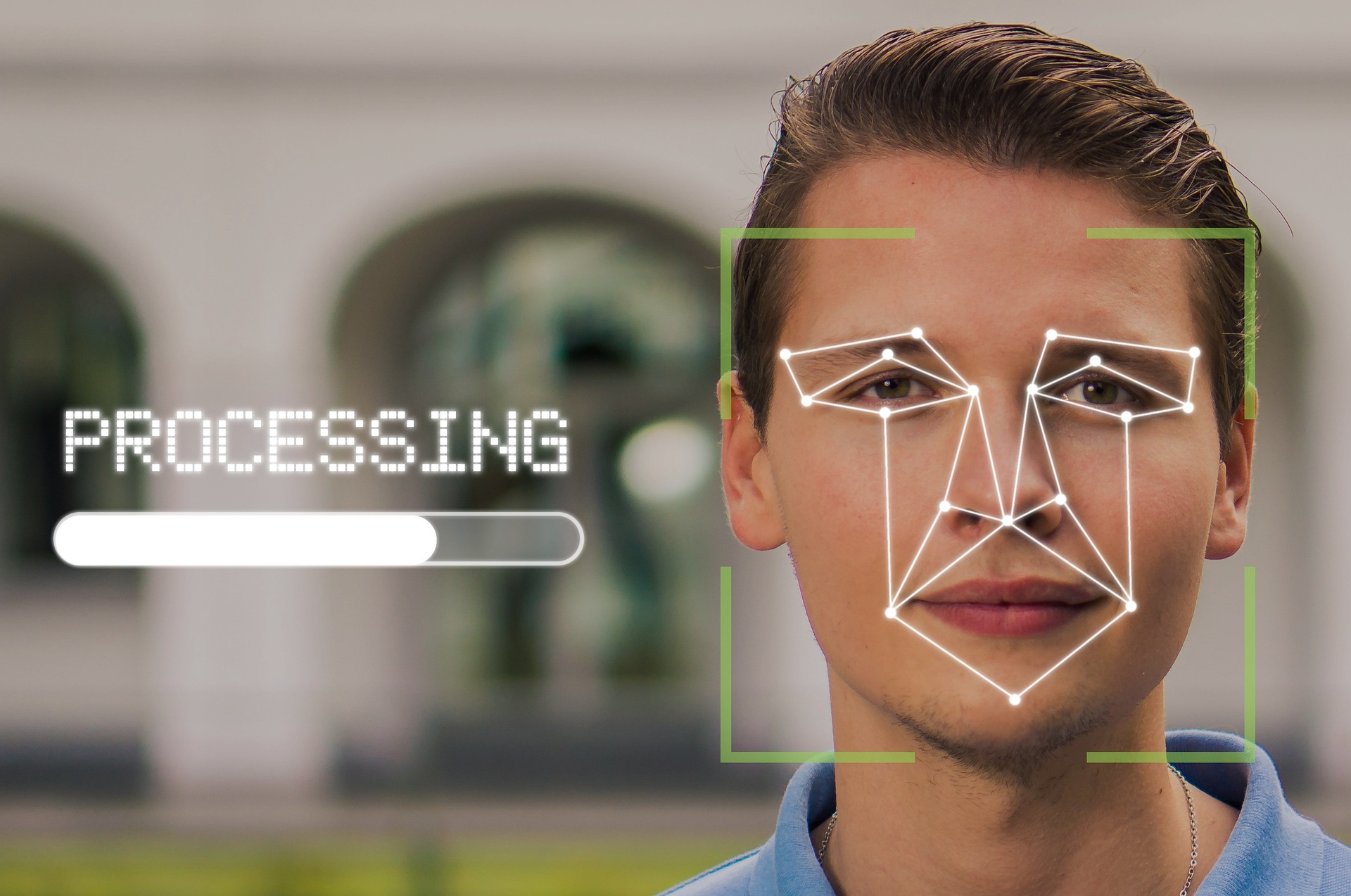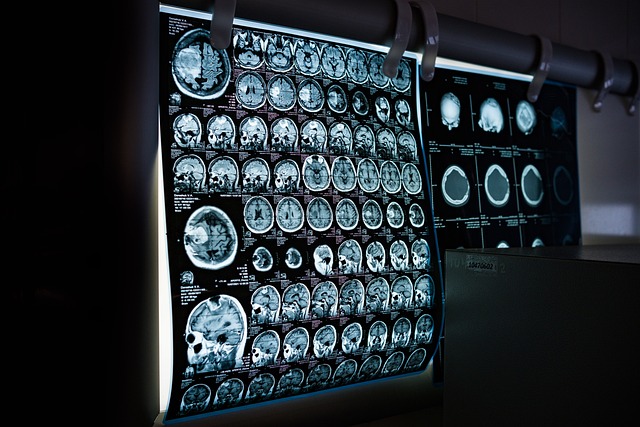Examining the Role of Whistleblower Protections in Transparency and Accountability
The first paragraph: In an era where transparency and accountability are frequently called into question, whistleblower protections play a pivotal role. These safeguards, enshrined in law, allow individuals to report misconduct, corruption, or illegal actions without fear of retaliation. This article aims to delve into the complexities of whistleblower protections, tracing their historical context, examining recent developments, and exploring their societal implications.
Introduction
Whistleblower protections are legal provisions designed to encourage individuals to report wrongdoing, corruption, or illegal activities within their organization. These protections play a crucial role in promoting transparency, accountability, and ethical behavior, particularly within government and large corporations.
Historical Background of Whistleblower Protections
The concept of protecting whistleblowers has been woven into the fabric of legal systems for centuries. One of the earliest examples came with the passage of the United States’ False Claims Act during the Civil War, which allowed individuals to sue on behalf of the government if they knew of fraud against the state. While the Act primarily aimed to combat corruption, it laid the groundwork for modern whistleblower protections by shielding those who reported fraud from retaliation.
Recent Developments in Whistleblower Laws
Whistleblower protections have evolved over time, reflecting society’s growing emphasis on accountability and transparency. In the US, one of the most significant recent developments was the Dodd-Frank Act of 2010. This legislation expanded protections for whistleblowers in the financial industry, offering substantial rewards for those who report securities violations. However, this law and others like it have been subject to ongoing legislative and judicial scrutiny, with debates focusing on the extent of protections and the definition of a whistleblower.
Implications and Impact of Whistleblower Protections
Whistleblower protections have far-reaching implications for both individuals and society as a whole. They encourage individuals to come forward with information about wrongdoing, fostering a culture of transparency and accountability. This, in turn, helps deter corruption and misconduct. However, these protections also raise complex issues. For instance, while they aim to protect individuals from retaliation, whistleblowers often face significant personal and professional risks. Furthermore, there is ongoing debate about whether current protections go far enough, or if they may inadvertently protect those who make false or malicious reports.
The Future of Whistleblower Protections
As society continues to grapple with issues of transparency and accountability, it is likely that whistleblower protections will remain a contentious and evolving area of law. Future changes may include expanded protections, increased rewards, or new measures to protect against false reports. Ultimately, the future of these protections will hinge on society’s ability to balance the need for accountability with the need to protect those who have the courage to speak out.
In conclusion, whistleblower protections represent a crucial mechanism for promoting transparency and accountability. While they have evolved significantly over time, they continue to elicit debate and face potential changes. Understanding these protections and their implications is vital for anyone interested in the interplay between law, ethics, and society.





